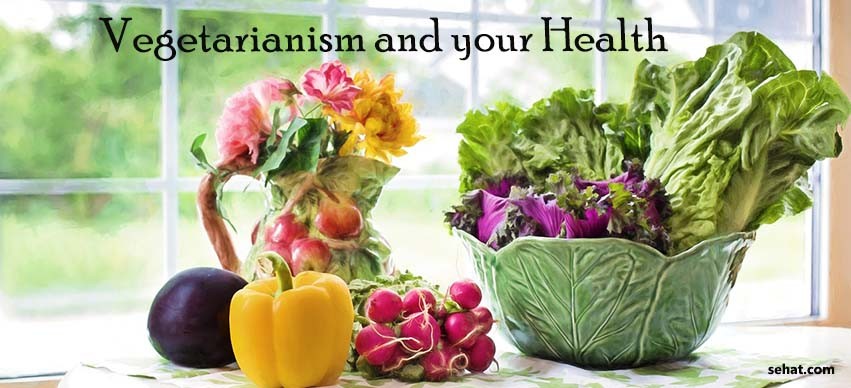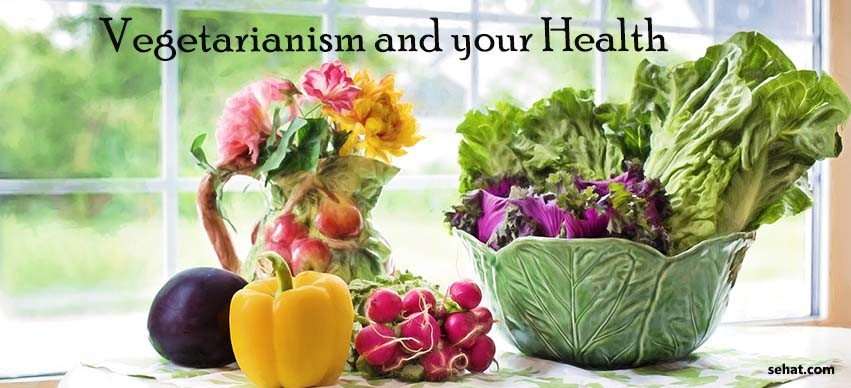What is Tempeh? Nutrition, Health Benefits, How to eat
4 Min Read


The natural diet of man consists of fruits, nuts and grains, not meat. Then the question arises: When a human beings natural diet is a vegetarian diet, why do large numbers of people eat animal flesh? There is a variety of reasons for people having a non-vegetarian diet. Most people are concerned about their health and many people have the misconception that non-vegetarian foods are the only source of getting all the nutrients that can make them strong, healthy and active. A careful study, however, reveals not only that a vegetarian diet is good for health but also that a non-vegetarian diet is unnecessary and to some extent detrimental to health.
Man is vegetarian by nature, vegetarian food is better suited to the human body. In Jane Brody's Nutrition Book, the question "Weren't humans designed to be meat-eaters?"has been answered with a resounding "No". She says, "Our anatomical equipment-teeth, jaws, digestive system-favors a diet that emphasizes plant food."
Kids or families may follow a vegetarian diet for a variety of reasons. Younger vegetarians are usually part of a family that eats vegetarian meals for health, cultural, or other reasons. Older kids may decide to become vegetarians because of concern for animals, the environment, or their own health.
In most cases, you shouldn't be alarmed if your child chooses vegetarianism. Discuss what it means and how to implement it, ensuring your child makes healthy and nutritious food choices.
It is not impossible. A vegan or vegetarian diet can be just as healthy as more traditional diets that contain meat. Research has shown that vegetarian diets are associated with a lower incidence of many chronic, degenerative diseases and conditions, such as coronary artery disease, some types of cancer, diabetes, high blood pressure, obesity, kidney stones, gallstones, and many others. The greater the ratio of plant products to animal products in the diet, the lesser the risk for these illnesses. If you're concerned about how you'll get enough of certain nutrients on a vegetarian diet, read the following for good sources of protein, calcium, iron, and vitamin B12.
Protein: Vegetables, grains, and legumes, all contain protein and can provide you with all that you need. If you eat a reasonable variety of these foods, you get enough protein. Good protein sources are lentils, tofu, dairy products, nuts, seeds, peas, whole grain bread, potatoes, pasta, and corn.
Calcium: Good calcium sources are broccoli, dried beans and peas, sesame seeds, low fat dairy products, turnip greens and calcium-fortified soy milk, rice milk, and orange juice.
Iron: Good iron sources are dried beans, spinach, beet greens, watermelon, and dried fruit.
Zinc: wheat germ, nuts, fortified cereal, dried beans, and pumpkin seeds
Vitamin B12: The adult recommended intake for vitamin B12 is very low. A diet containing dairy products provides adequate vitamin B12.
Never forget, you are what you eat. It is seen that the food we eat affects not only our bodies but also our minds-our attitude and thinking. In general, vegetarians are less aggressive than their non-vegetarian counterparts, although vices like greed, false pride and prejudice, also play an important role in making the character of man. In sum, vegetarianism, in conjunction with other virtues, does lead to our physical and mental well-being.